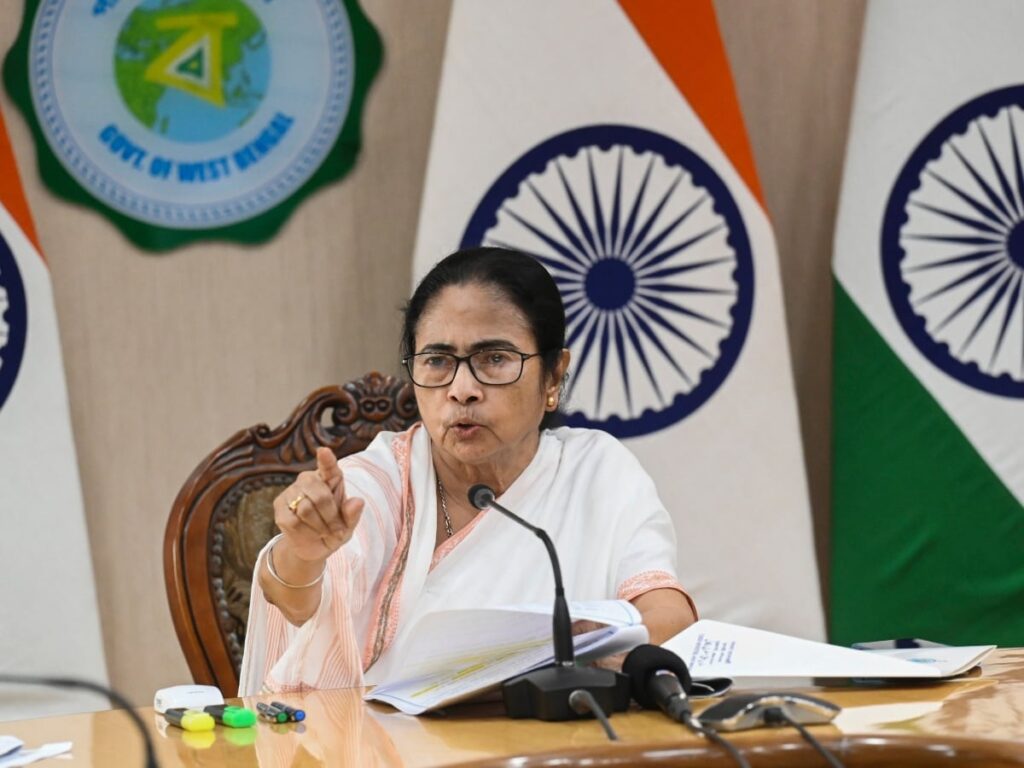The Trinamool Congress (TMC) has announced a boycott of three news channels — Republic Bangla, ABP Ananda, and News18 Bangla — accusing them of promoting “anti-Bengal propaganda.” The TMC claims these channels have consistently misrepresented facts, creating a false narrative against the state government and its initiatives. TMC spokespersons argue that these channels are engaged in biased reporting that undermines the state’s interests and has therefore decided to avoid interacting with them.

Source:- news 18
In response, the Bharatiya Janata Party (BJP) criticized TMC’s move, calling it a direct attack on free speech and press freedom. BJP leaders argue that the TMC’s action is an attempt to stifle dissent and avoid scrutiny, especially in the wake of ongoing political controversies and corruption allegations in West Bengal. They view this boycott as a calculated effort to control the media narrative and avoid accountability.
Source:- BBC news
The TMC’s boycott has sparked a broader debate on media freedom in India, with concerns about political interference and the independence of the press. Media organizations and civil society groups have voiced apprehension over the implications of this boycott, fearing it could set a precedent for other political entities to avoid unfavorable media coverage. While the TMC maintains its stance on boycotting the channels to protect state interests, critics argue it reflects a troubling trend of diminishing tolerance for diverse opinions and critical journalism.
As the political tug-of-war continues, the issue brings to the forefront questions about the role of media in democracy, press freedom, and the limits of government intervention in media affairs. The situation underscores the tension between political power and media independence in India’s current political climate
Share your views in the comments

